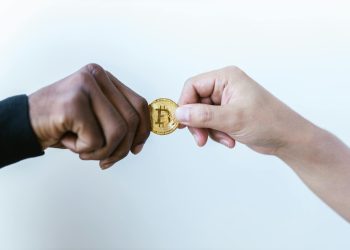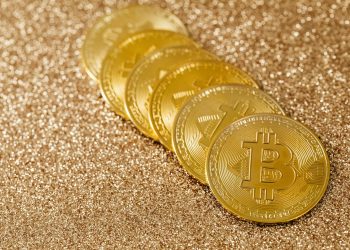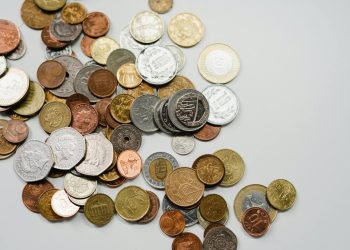The world of coin expertise encompasses a diverse range of individuals known as numismatists. While many people use this term interchangeably with “coin collector”, a numismatist is someone who dedicates themselves to the study and collection of currency, including coins, tokens, paper money, medals, and related objects.
Here’s a breakdown of notable figures and categories within numismatics:
- Joseph Hilarius Eckhel: Widely regarded as the “father of numismatics,” Eckhel’s eight-volume work, “Doctrina Numorum Veterum”, published between 1792 and 1798, revolutionized the study of ancient coins and established a scientific system for their classification.
- Guillaume Budé: Author of “De Asse et Partibus Eius” (1514), an early work providing a comprehensive study of Roman measures, including coins.
- Caesar Augustus: The first Roman Emperor is considered one of the earliest known coin collectors, collecting coins from his travels and conquests and gifting them to others.
Several numismatists have been recognized for their significant contributions to the field. Coin World’s “Most Influential People” list offers a glimpse into some prominent figures:
- Q. David Bowers: A highly influential authority and prolific author on numismatics, and a co-founder of [Stack’s Bowers Galleries].
- John Albanese: Co-founder of Professional Coin Grading Service (PCGS), Numismatic Guaranty Corporation (NGC), Certified Acceptance Corporation (CAC), and the Numismatic Consumer Alliance.
- Ken Bressett: Known for his contributions to “A Guide Book of United States Coins” (the “Red Book”).
- Ron Guth: A leading coin expert, author, and founder of CoinFacts (now [PCGS CoinFacts]).
- Michael “Miles” Standish: A numismatic philanthropist and businessman who contributed significantly to third-party coin grading and co-founded Collectors Universe.
- David Hall: Founder of [PCGS] and known for his expertise in high-quality US rare coins.
Numismatists can be broadly categorized into three groups:
- Numismatist collectors: These individuals primarily derive pleasure from owning coins and studying them as amateur scholars.
- Numismatist dealers: Often called professional numismatists, they authenticate and grade coins for commercial purposes, playing a vital role in advancing the study of money.
- Numismatist researchers: These scholar numismatists work in academia or independently, focusing on acquiring knowledge about monetary systems and their historical context.
If you are looking for assistance with a coin collection, consider seeking out a professional numismatist. You can find resources and contacts through organizations such as:
- The American Numismatic Association
- The Professional Numismatists Guild
- [Stack’s Bowers Galleries]
- [Littleton Coin Company]
- [Blanchard and Company]











What is the difference between a coin collector and a numismatist?
From my experience, Key Differences: Coin Collectors vs.
Approach: Coin collectors often approach their hobby with a focus on personal enjoyment and the satisfaction of building a collection. Numismatists, however, take a more academic and scholarly approach, seeking to understand and preserve the history and artistry of currency.
What is a certified coin appraiser called?
A numismatist, also known as a coin grader, is a professional who collects, analysis, and assesses the quality of collectible coins, currency, and other like objects.